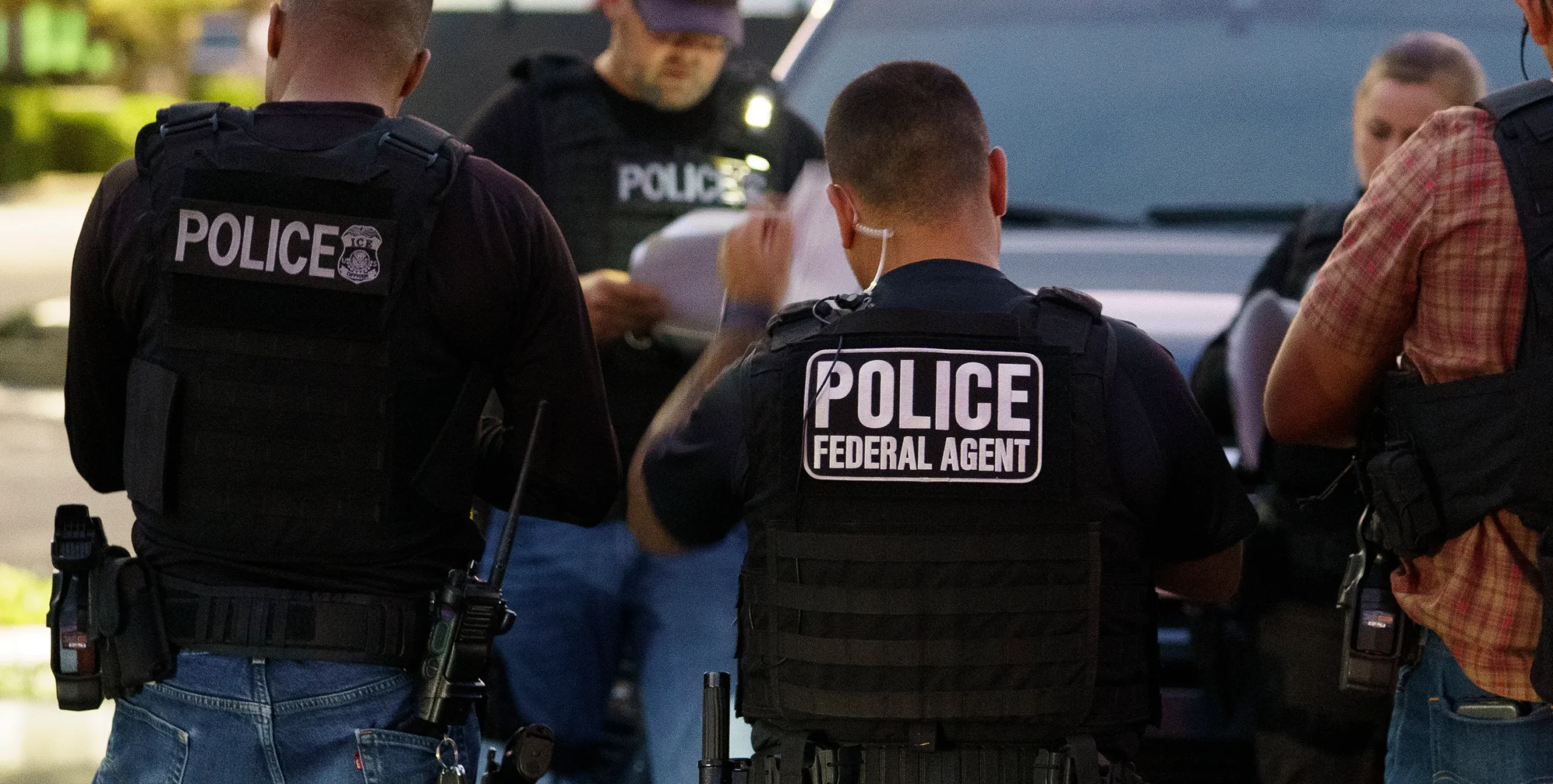Policing in America has changed significantly over the years. From the early days of law enforcement, when policing was often a part-time job carried out by unpaid volunteers, to the present day, when policing is a full-time profession requiring extensive training and education, the role of the police officer has evolved significantly.
One of the major changes in policing over the years has been the increased professionalism and specialization of the profession. In the early days of law enforcement, police officers were often expected to handle a wide range of duties, from maintaining order and investigating crimes to serving as firefighters and public health officials. However, police officers are trained to specialize in specific areas, such as patrol, detective work, traffic control, or forensic analysis. This specialization allows police officers to develop expertise in specific areas and to provide more effective and efficient service to their communities.

Another significant change in policing over the years has been the increasing use of technology. From the earliest days of law enforcement, when police officers relied on their wits, strength, and intuition to solve crimes, to the present day, when police officers have access to a wide range of high-tech tools and resources, technology has played a key role in shaping the profession. Today, police officers use various technologies, such as computers, databases, body cameras, and GPS tracking, to help them do their jobs more effectively and efficiently.
Despite these changes, however, the fundamental values and mission of policing have remained constant. Police officers are still entrusted with the safety and well-being of their communities and are still expected to serve and protect the public to the best of their ability. Whether they are using the latest technology or relying on traditional methods, police officers are dedicated to upholding the values of honor, integrity, and service and to making a positive difference in the world.




